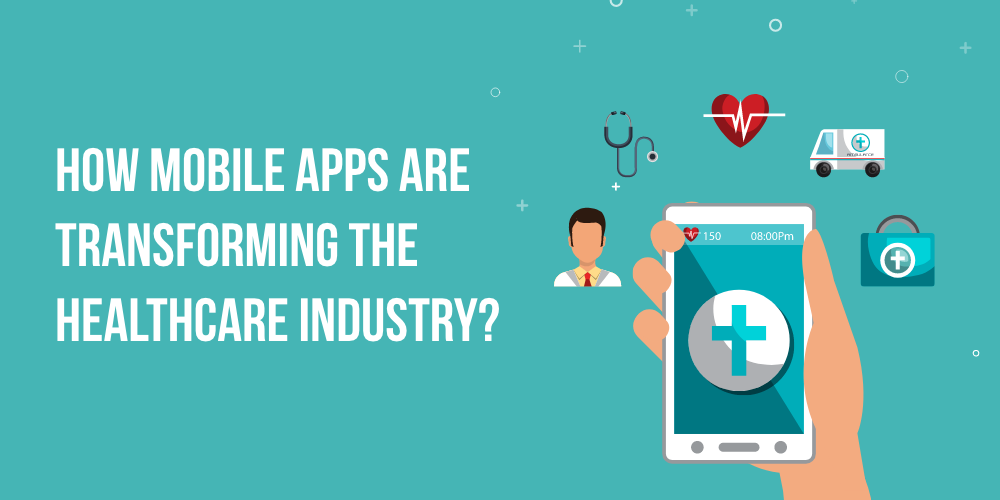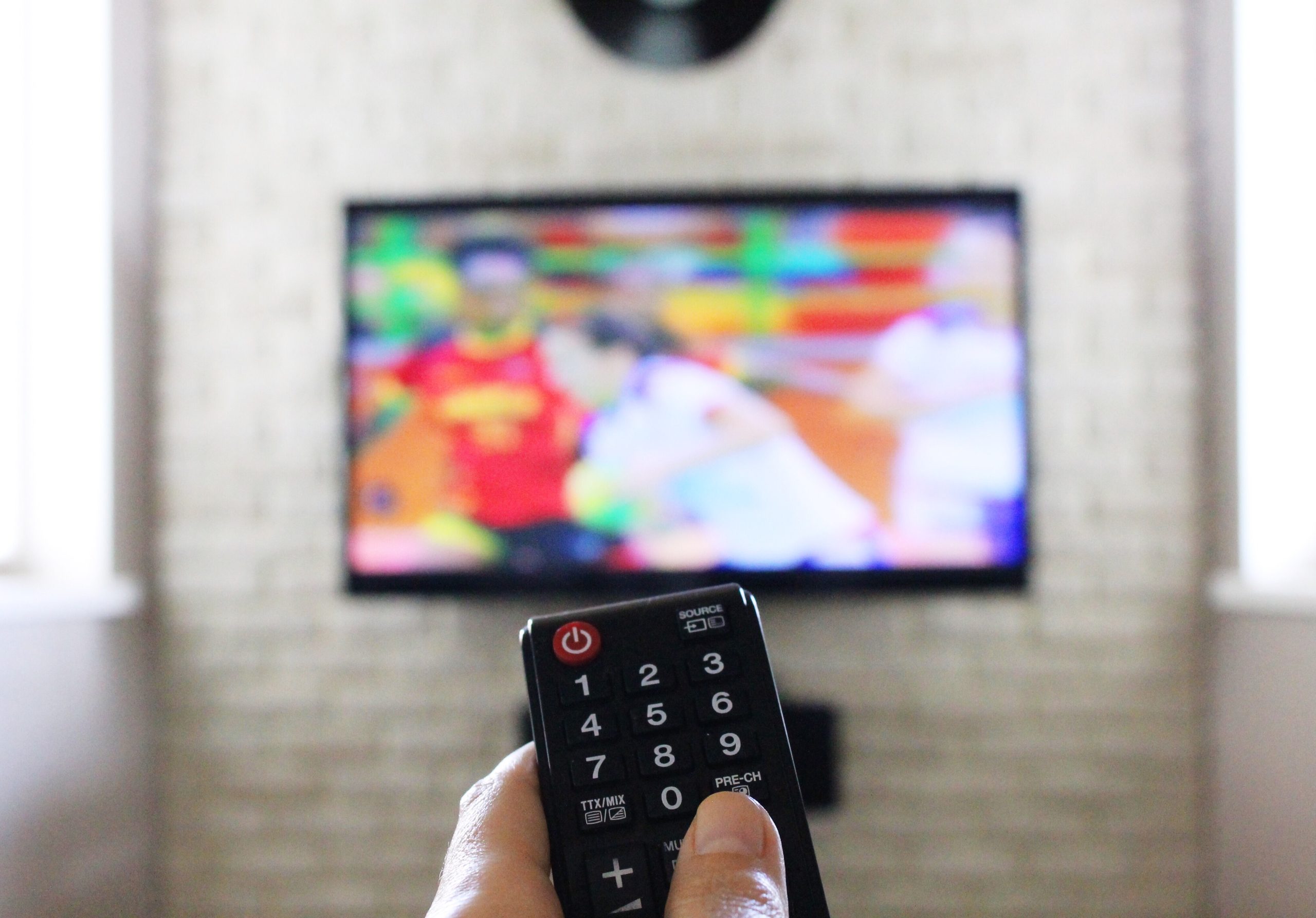The acceptance of digital transformation can be witnessed in every aspect of our lives, and because of its convenience, almost every industry is leveraging its features. When talking about several industries, healthcare is no exception. It has been undergoing a significant revolution and emerging as one of the powerful tools.
Healthcare apps, like DoctorOnDemand or MyFitnessPal bridge the gap between patients & healthcare providers and redefine the way we approach healthcare. As a result, the demand for healthcare mobile app development services has risen.
In this guest blog, we’ll explore how mobile apps are transforming the healthcare industry and making healthcare more accessible, efficient, and patient-centric.
Also, we have a complete guide on healthcare that includes the types, trends, and cost. So, if you want to expand your knowledge more, we have got you covered.
Advantages of Mobile Apps for the Healthcare Industry
Developing a mobile app for your healthcare can thrive your business in many ways as it provides numerous benefits, like:
- Accessible Healthcare at Your Fingertips
One of the most significant impacts of mobile apps in healthcare is the unprecedented accessibility they provide. Patients can now access medical information, consult with doctors, and even monitor their health conditions from the comfort of their homes.
- Personalized Health Management
Mobile apps are taking the lead in an era of personalized healthcare. With features like health tracking, users can monitor their vital signs, track medications, record symptoms and use QR codes for digital payment. These apps analyze the data empowering individuals to take control of their well-being.
- Streamlining Healthcare Administration
Healthcare professionals are also benefiting from mobile apps. Administrative tasks such as appointment scheduling, billing, and medical record management have become more efficient, allowing doctors and nurses to focus more on patient care. The streamlining of administrative processes enhances the overall healthcare experience for both providers and patients.
- Enhancing Remote Monitoring
With mobile apps transfroming the way chronic diseases are managed, patients with conditions such as diabetes or hypertension are using apps to monitor their health in real time. Data is transmitted to healthcare providers, enabling timely interventions and reducing hospital readmissions.
- Ensuring Data Privacy and Security
As mobile apps play an increasingly crucial role in healthcare, ensuring data privacy and security is paramount. Healthcare apps must comply with strict regulations like HIPAA to protect patients’ sensitive information. Robust security measures, encryption, and authentication protocols are essential components of healthcare app development.
The Digital Healthcare Revolution
The development of mobile apps has revolutionized the healthcare industry with the integration of different technologies & features. For instance:
- Wearable Technology Integration
Many healthcare apps now integrate with wearable devices like smartwatches and fitness trackers. The integration enables users to track their health metrics, such as heart rate, activity levels, and sleep patterns. The data collected from wearables can be seamlessly synchronized with mobile apps.
- AI and Machine Learning
Artificial intelligence and machine learning algorithms are increasingly used in healthcare apps to assist in diagnosing medical conditions. For example, these algorithms can analyze medical images (like X-rays and MRIs) for abnormalities, improving diagnostic accuracy and efficiency.
- Pharmacy and Medication Delivery Services
Mobile apps developed by pharmacies or medication delivery services allow users to order prescription refills, set medication reminders, and even have medications delivered to their doorstep. The convenience is particularly valuable for those with chronic conditions.
- Patient Engagement and Education
Healthcare apps engage users by providing educational content about their health conditions and treatment options. Interactive features, such as videos explaining medical procedures or forums for sharing experiences, empower patients to take an active role in their healthcare journey.
- Emerging Trends and Innovations
Emerging trends like augmented reality (AR) used for medical training, virtual reality (VR) for pain management during medical procedures, and blockchain for secure & health data storage. These innovations are pushing the boundaries of what healthcare apps can achieve.
Final Words
In conclusion, the digital transformation wave has swept across industries, and healthcare stands as a shining example of its profound impact. The advent of healthcare apps has revolutionized how we access, manage, and engage with our well-being.
From the convenience of accessible healthcare at our fingertips to the empowerment of personalized health management, these apps have changed the healthcare landscape. The path ahead is clear: healthcare apps are here to stay, and they are shaping a more accessible, efficient, and patient-centric healthcare system.



